A Closer Look at India’s GI-Tagged Products: A Journey of Quality, Authenticity
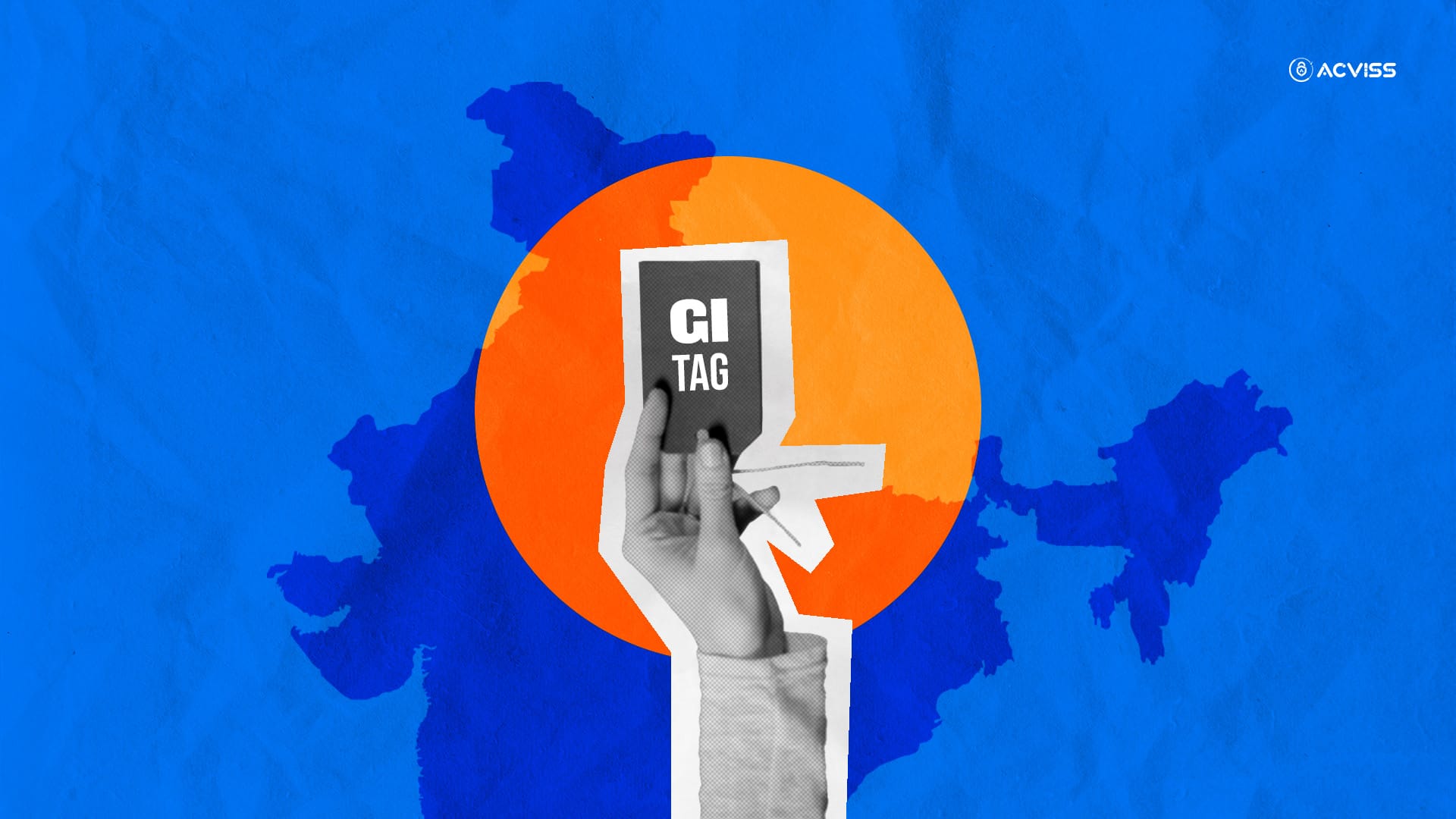
With 28 states and 9 union territories, India is a diverse and culturally rich nation where every region has something unique to offer. No matter which Indian state you talk about, you will find a speciality of that state reflecting its heritage, geography, and history. But how is this distinctiveness of Indian products protected and preserved? How does a person know which product belongs to which state?
Geographical Indication (GI) tag has made things easier. In India, the GI tag refers to a prestigious accreditation given to items that are naturally found, grown, manufactured or handcrafted from a specific geographical territory, whether it’s a town, region, state, or country. GI tag helps preserve the identity and cultural heritage associated with these items and protects their reputation and authenticity, adding a layer of pride and trust for consumers.
Let’s delve into the article to explore some famous Indian GI products from different sectors and states.
What is GI Tagging in India?
Geographical Indication (GI) tagging is a form of intellectual property rights or a status given to a product originating from a specific area. Several factors, including quality, reputation, or another characteristic of a certain product, are generally attributable to its geographic origin.
In India, the Geographical Indications of Goods (Registration and Protection) Act of 1999 regulates the GI tag. Currently, the country is home to 643 registered GI-tagged products, each associated with a specific state or region. The Department of Industry Promotion and Internal Trade, operating under the Ministry of Commerce and Industry, issues the GI tag. The first GI tag was given to the Darjeeling tea in 2004-2005 for its unique quality and naturally occurring flavour.
Products from the following sectors are usually given the GI tag:
- Agricultural products
- Manufactured items
- Textiles
- Natural products
- Handicrafts
- Foodstuffs
Generally, the registration of a product for GI tag is valid for 10 years from the date when it’s registered. On completion of a 10-year tenure, the GI tag can be renewed for a further 10 years. Once granted, a GI-tagged product cannot be replicated by any other producer, ensuring its authenticity. This tag acts as a powerful tool against counterfeiting, as it prohibits the misuse or duplicity of the product, thus protecting the heritage and reputation attached to it.
Indian GI Products
India’s GI-tagged products come from various sectors, showcasing the nation’s vast cultural and ecological diversity. The following listed are some of the most famous GI-tagged products from different states categorised by their sectors:
1. Agricultural Products
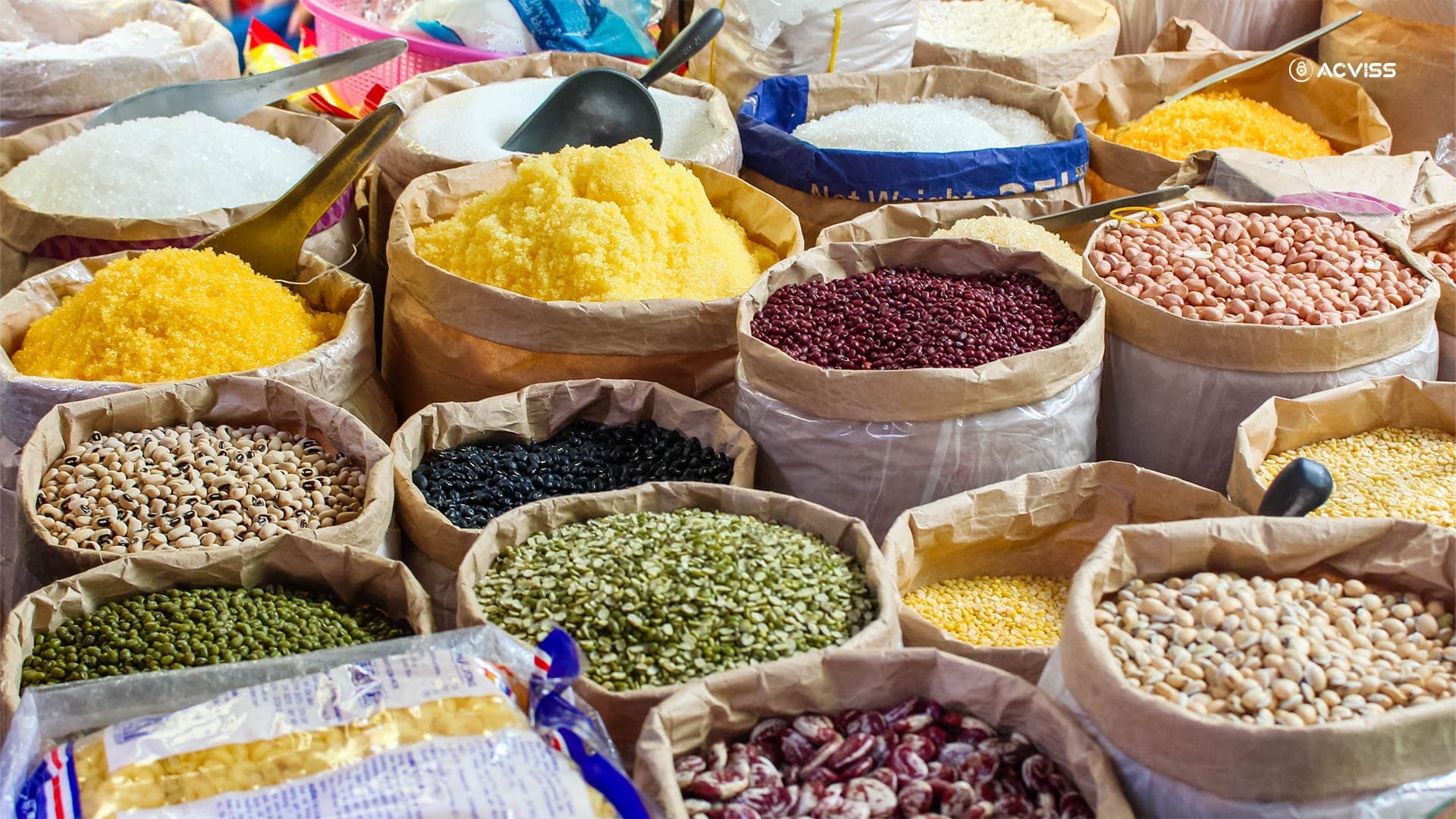
Agricultural products often carry the essence of the soil, climate, and traditions of their native regions, resulting in distinctive qualities that set them apart. Here are some of the popular GI-tagged agricultural products from across India:
Alphonso Mango (Maharashtra) | Often called the "King of Mangoes," Alphonso mangoes are known for their rich, creamy texture and sweetness. |
|---|---|
Darjeeling Tea (West Bengal) | Known as the "Champagne of teas," Darjeeling Tea was India’s first product to receive a GI tag in 2004. Its unique flavour and aroma come from the high-altitude tea gardens in the Darjeeling region. |
Basmati Rice (Punjab, Haryana, Uttar Pradesh) | Known for its long, slender grains and delightful aroma, basmati rice from India is loved worldwide. |
Naga Chilli (Nagaland) | Also known as Bhut Jolokia, this fiery chilli is cultivated in Nagaland’s warm, humid climate. Also, it’s considered one of the hottest chillies in the world. |
Nagpur Orange(Maharashtra) | Recognised for its high juice content and distinct tang, this orange variety is grown in the Vidarbha region. |
Malabar Pepper (Kerala) | Kerala's Malabar Pepper is known for its distinct flavour, with a distinctively earthy, woody taste. |
2. Textiles
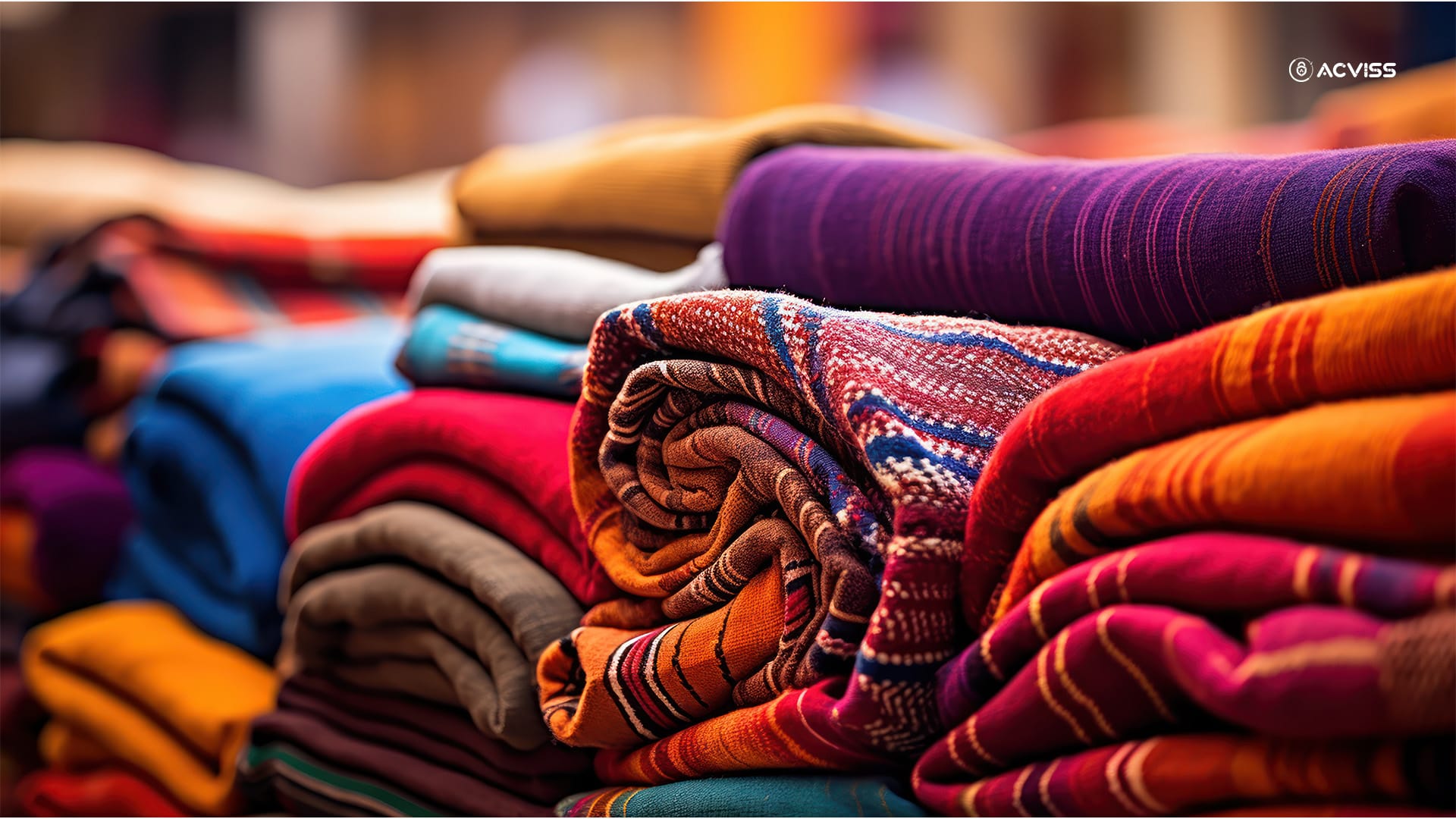
India’s textile tradition is rich with craftsmanship that reflects the heritage of various regions. GI-tagged textiles showcase traditional weaving, dyeing, and embroidery techniques passed down through generations:
Kanjeevaram Silk Saree (Tamil Nadu) | Known for its vibrant colours, heavy silk, and gold zari work, the Kanjeevaram saree is a luxurious garment crafted by artisans in Tamil Nadu. |
|---|---|
Bhagalpuri Silk (Bihar) | Renowned as the "Queen of all fabrics," Bhagalpuri silk from Bihar is popular for its lightweight and soft texture, often featuring nature-inspired designs. |
Pochampally Ikat (Telangana) | Distinguished by its unique ikat dyeing technique, this handwoven fabric from Telangana showcases geometric patterns and vibrant colours. |
Chanderi Fabric (Madhya Pradesh) | Known for its lightweight texture and sheer quality, Chanderi fabric often incorporates floral and peacock motifs woven with zari. |
Banarasi Saree (Uttar Pradesh) | Woven in the ancient city of Varanasi, these sarees are famous for their intricate brocade and zari designs. |
Mysore Silk (Karnataka) | Mysore Silk is prized for its pure silk texture and natural sheen, making it a favourite for sarees and traditional wear. |
Kashmir Pashmina (Jammu & Kashmir) | This luxurious shawl, made from fine Pashmina wool, is popular for its softness and warmth. |
3. Manufactured Products

While agricultural products are widely celebrated, you can also find several manufactured products bearing the GI tag, as they possess unique qualities associated with their origin and method of production:
Feni (Goa) | A popular spirit made from cashew apples, Feni holds a GI tag and is deeply associated with Goan culture and tradition. |
|---|---|
Marua Apo (Marua Millet Beverage) (Arunachal Pradesh) | This millet-based traditional beverage from Arunachal Pradesh is popular for its earthy flavour and cultural significance among indigenous communities. |
East India Leather (Tamil Nadu) | Known for its exceptional durability and smooth finish, East India Leather is a premium product crafted in Tamil Nadu, often used in high-quality leather goods. |
Judima (Assam) | An indigenous rice wine made by the Dimasa tribe of Assam, Judima has a sweet and tangy flavour and is brewed using rice and natural herbs from the region. |
Mysore Sandal Soap (Karnataka) | Crafted from Mysore sandalwood oil, this soap is prized for its soothing fragrance and skin benefits, making it a signature product from Karnataka. |
4. Natural Goods
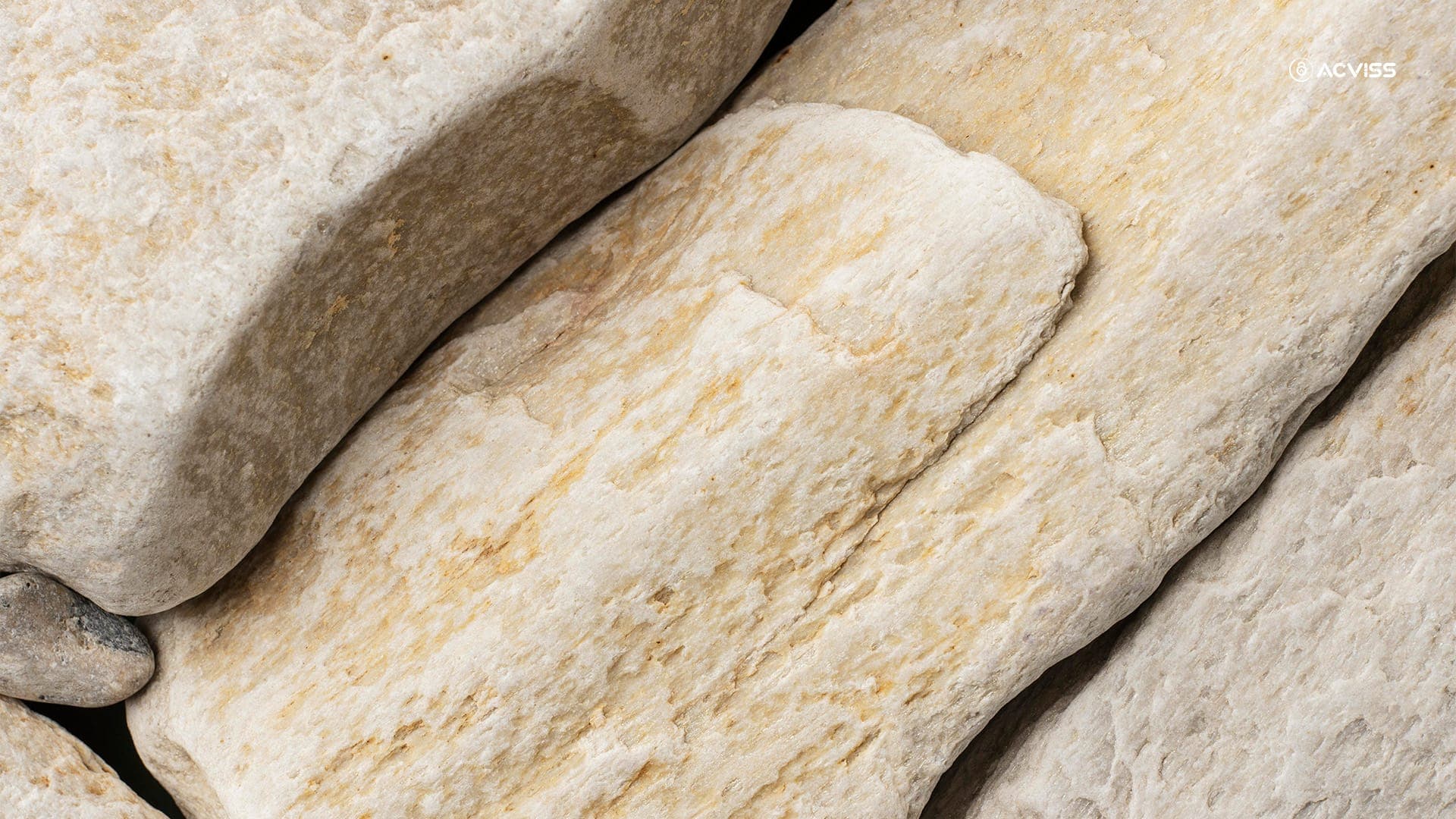
GI tagging is also given to the natural resources that are unique to particular regions due to their geographic and climatic conditions. Here are some notable examples:
Shahabad Stone (Karnataka) | A natural stone known for its durability and smooth texture, it’s used extensively in flooring and construction. |
|---|---|
Makrana Marble (Rajasthan) | Recognised as one of the finest marbles globally, Makrana Marble has been used in historical monuments, including the Taj Mahal. |
Bhalia Wheat (Gujarat) | Grown in the Bhal region of Gujarat, this wheat variety is unique due to its high protein content and drought-resistant properties. |
Salem Turmeric (Tamil Nadu) | With high curcumin content, this turmeric is prized for its medicinal properties and rich colour. |
5. Handicrafts

Handcrafted items from India carry a deep cultural significance, often reflecting centuries-old techniques unique to each region. These GI-tagged items represent the country’s traditional skills and craftsmanship:
Madhubani Paintings (Bihar) | These paintings use natural dyes and depict mythological stories and folk themes with intricate patterns. |
|---|---|
Channapatna Toys (Karnataka) | Made from natural wood and vegetable dyes, these colourful toys are eco-friendly and rooted in Karnataka’s traditional crafts. |
Kutch Embroidery (Gujarat) | The vibrant and intricate embroidery from Kutch showcases motifs of local flora, fauna, and traditional mirrors stitched into the fabric. |
Monpa Handmade Paper (Arunachal Pradesh) | Crafted by the Monpa tribe using the bark of the local Shugu-Seng tree, this traditional paper is known for its durability and eco-friendliness and is used for various cultural and religious purposes in Arunachal Pradesh. |
Cuttack Rupa Tarakasi (Silver Filigree) (Odisha) | Known for its finesse and precision, this intricate silver filigree work is used to craft jewellery, decorative items, and religious artefacts. |
Narasapur Crochet Lace Products (Andhra Pradesh) | Originating from Narasapur, these intricate crochet lace products are often used to decorate tablecloths, doilies, and garments. |
6. Food Products
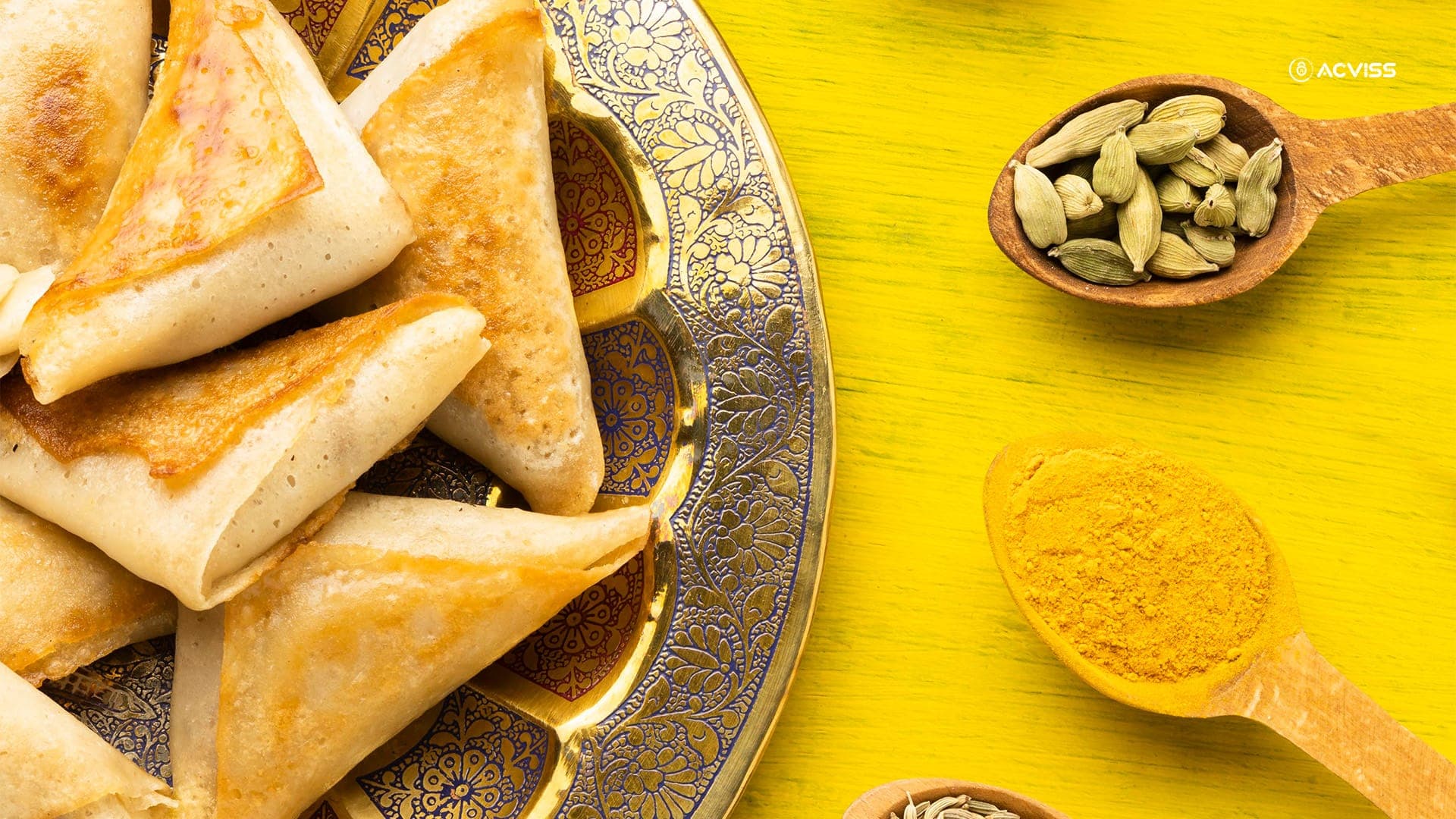
When travelling to varied Indian states, you can find distinct local cuisine or food items, each with its own flavour and significance. GI tags help protect the authenticity of these treasured foodstuffs:
Bikaneri Bhujia (Rajasthan) | This spicy and crispy snack is made from moth beans, giving it a distinct flavour associated with Bikaner. |
|---|---|
Goan Khaje (Goa) | This traditional Goan sweet, made of jaggery and ginger, is a unique treat offered during festivals. |
Tirupati Laddu (Andhra Pradesh) | A famous offering at the Tirumala Venkateswara Temple, this sweet is renowned for its rich taste and religious significance. |
Bardhaman Sitabhog and Mihidana (West Bengal) | These rice-based sweets are delicacies of Bardhaman, known for their soft, melt-in-the-mouth texture. |
Kodaikanal Malai Poondu (Garlic) (Tamil Nadu) | This mountain-grown garlic from Kodaikanal is known for its medicinal properties and unique flavour. |
Track and Trace GI Tagged Products with Acviss Origin
GI tagging in India is not only a means to protect products with distinct characteristics, but it also helps protect the country’s heritage and pride. As the market for GI-tagged products expands, it becomes imperative to ensure that they are genuine and originate from their desired geographical area.
It's where reliable solutions like Acviss Origin can help to trace and authenticate GI-tagged items, safeguarding both the reputation of these iconic products and the trust of their consumers. Through advanced blockchain technology, Origin monitors the products across the supply chain, ensuring buyers receive genuine, high-quality GI-tagged items.
